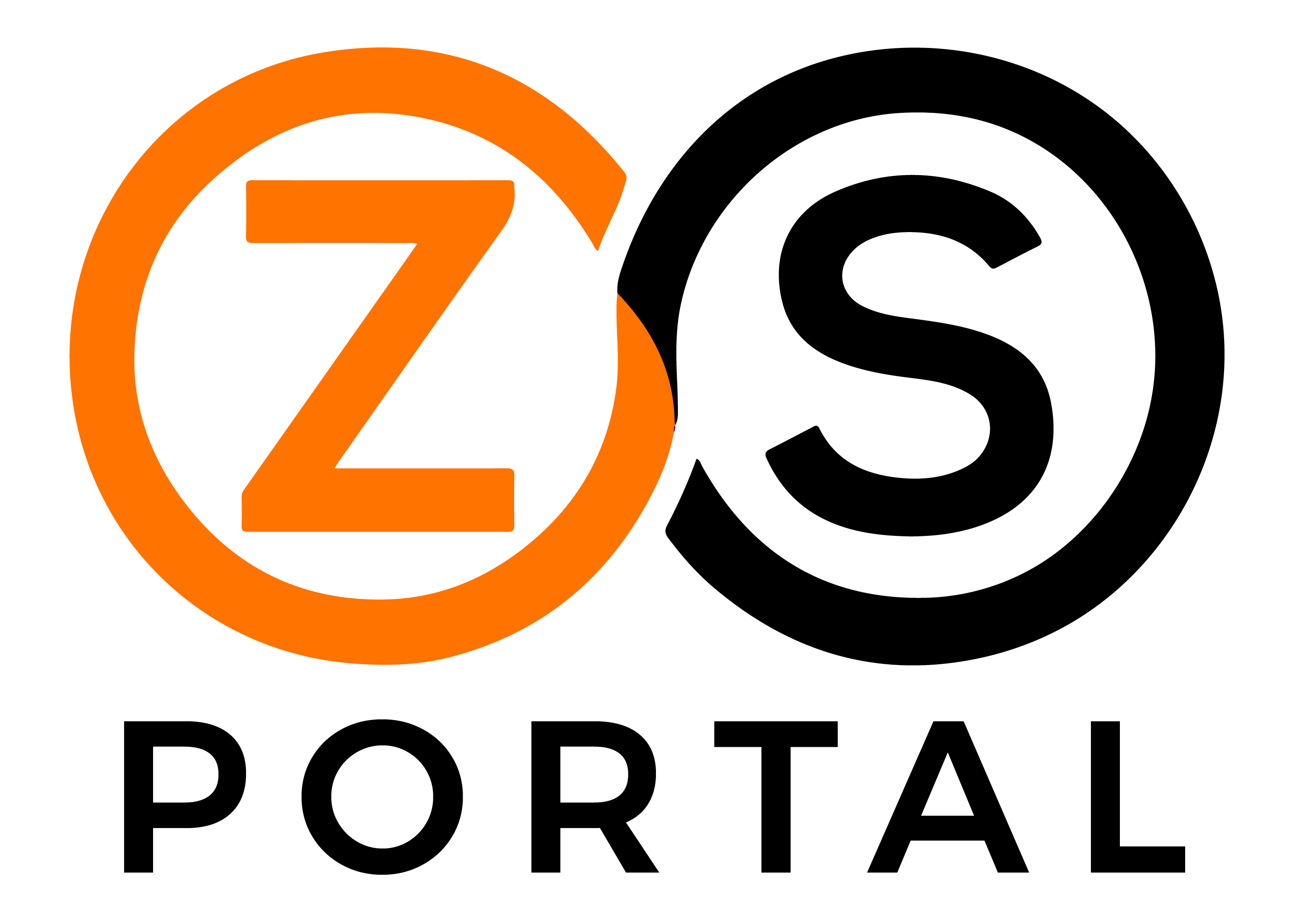KARACHI:The cost of running the crisis-hit economy has spiked as commercial banks have jacked up the price of lending to the cash-strapped government by one percentage point to a new all-time high at 22%.The State Bank of Pakistan (SBP) reported that the government raised domestic debt worth Rs1.14 trillion through the sale of mostly three-month treasury bills (T-bills) to banks. It also raised some financing through the six-month and 12-month papers.
Financial institutions increased the cost of lending (cut-off yields on T-bills) to a new high on expectations the central bank would further hike its benchmark policy rate by one percentage point to 21% in the forthcoming monetary policy meeting on April 4, 2023.
The commercial banks’ financing rate had been around 15.71% for three-month bills in November 2022, suggested the available data.The government had targeted to borrow Rs900 billion through the auction of sovereign debt securities to commercial banks. It would utilise the borrowed funds to return the maturing debt of Rs255 billion to the banks and use the remaining amount to meet growing expenditures including interest payment on the outstanding debt.Interest payment has become the largest expenditure for the government and it is expected to eat up almost 50% of the total revenue collection this year. Each time the central bank increases its key policy rate, the size of interest payment by the government also rises.Global ratings agency Moody’s Investors Service said in late February “Pakistan has very weak debt affordability (foreign debt in particular). Moody’s estimates that interest payments will increase to around 50% of the government revenue in fiscal 2023.”
Various experts estimate that a one-percentage-point increase in policy rate will push up interest payment in the range of Rs100-200 billion per year.Market reports suggest the central bank is set to increase the benchmark lending rate by one percentage point on the recommendation of International Monetary Fund (IMF) for reviving its $6.5 billion loan programme.The resumption of the programme will also unlock billions of dollars of financing by other multilateral and bilateral creditors.Earlier, the donors had pledged over $9 billion in flood-relief for Pakistan.Media reports suggest the central bank had increased its policy rate by an aggressive three percentage points to an all-time high at 20% on the IMF’s recommendation.The central bank, however, dismissed the notion, saying that it jacked up the rate to control the soaring inflation.Experts are of the view that a further policy rate hike will prove ineffective as the supply-side inflation (like increase in energy prices) is beyond the central bank’s control.The government’s reliance on domestic debt has soared significantly in recent times in the absence of foreign debt.
According to the central bank data, the government has borrowed almost Rs19 trillion (83% of total deposits) from commercial banks over a period of time to finance its fiscal deficit.The government’s other big expenditures include paying monthly pensions and salaries to state employees, defence spending, feeding the loss-making state-owned enterprises (SOEs) and social spending under the Benazir Income Support Programme (BISP).
